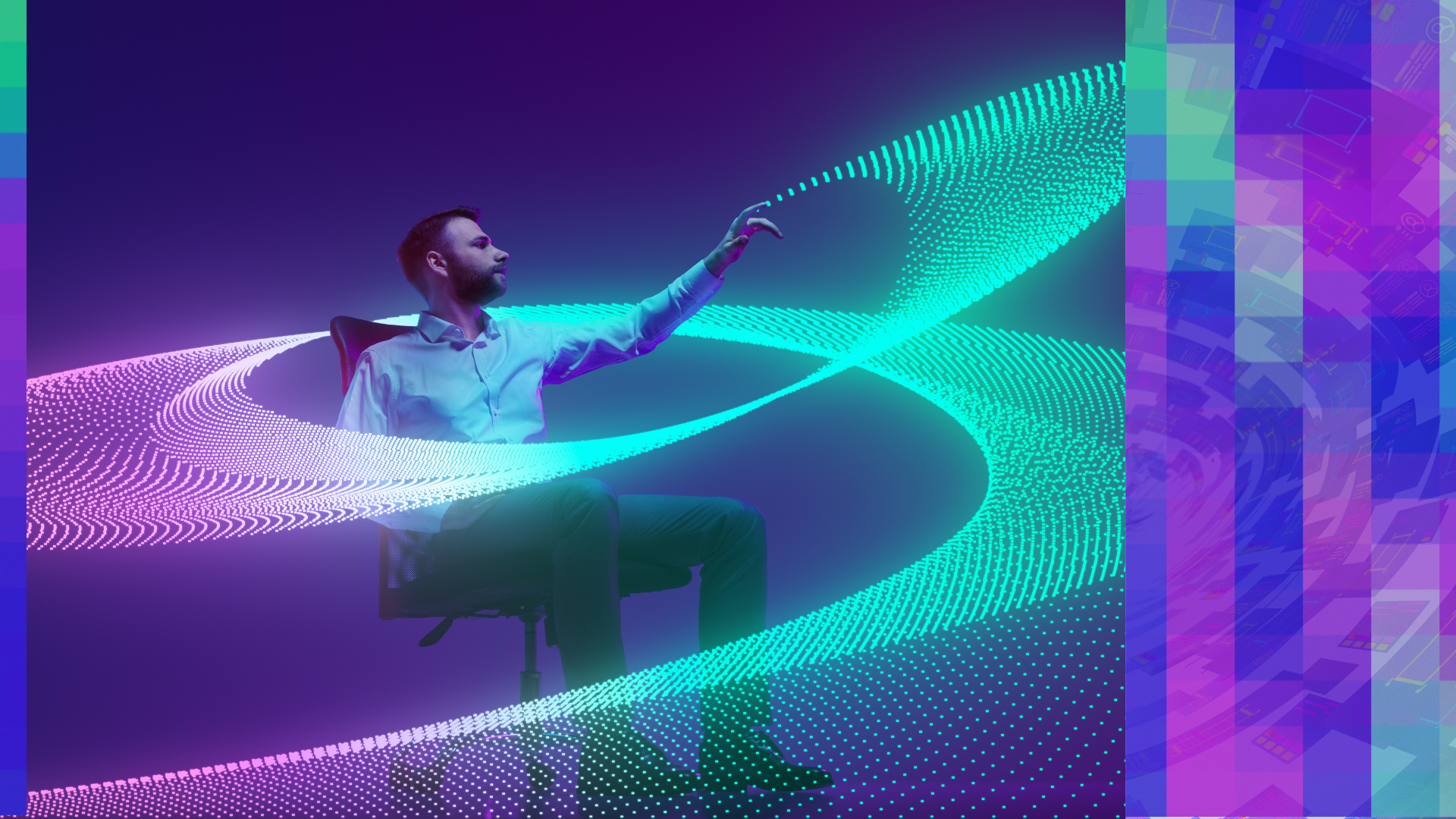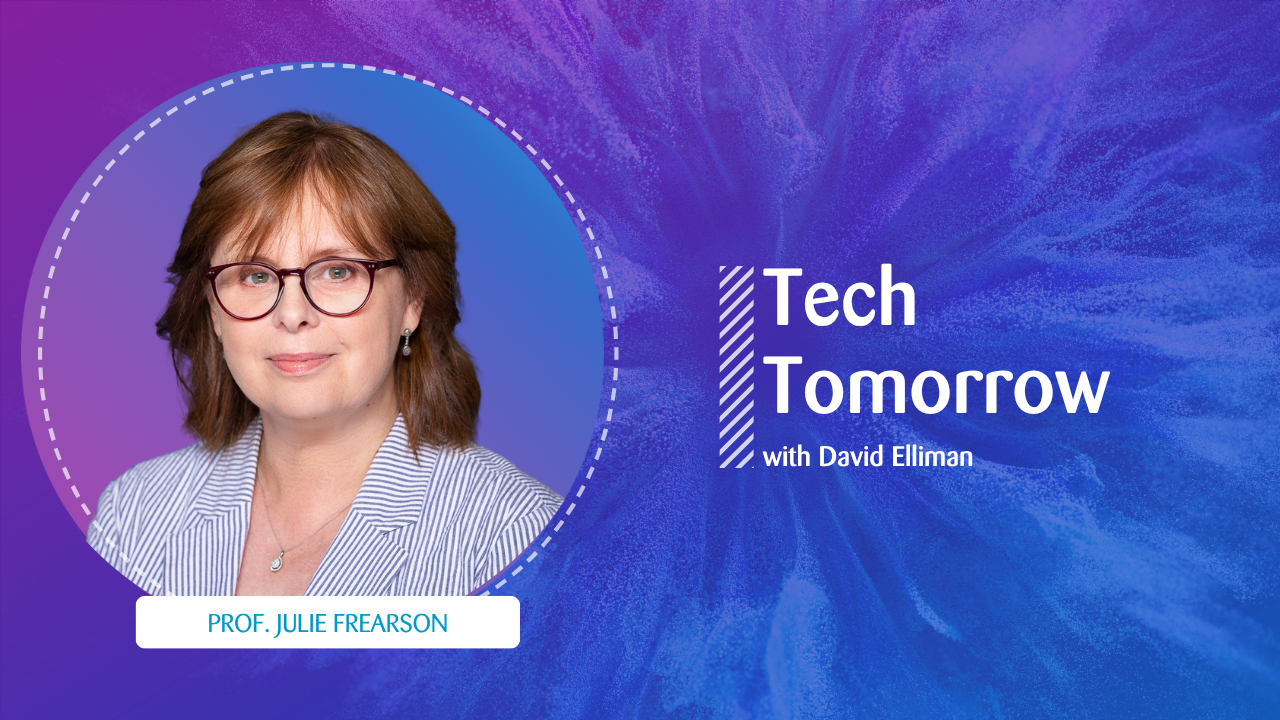Climate change is a challenge that’s affecting the technology sector too. New IT approaches offer opportunities to achieve greater sustainability.
Since 2013, CO2 emissions that are attributable to digital technologies in OECD member countries have risen by around 450 million tonnes. The digital market in Switzerland is also experiencing strong growth. SWICO, the trade association for the ICT and online industries, regularly compiles the SWICO ICT index, which shows that the ICT sector is seeing uninterrupted growth, and has recorded the fourth highest figure – 117.0 points – since the survey began. This ongoing technological transformation is having a major impact on society and companies alike – and thus also on technological infrastructures, including computing power and energy consumption. Demand for raw materials such as rare earths and metals, which are vital to both digital and low-carbon energy technologies, is also steadily rising: a clear indication that analogue resources are essential to the digital world. Since 2013, the proportion of global greenhouse gas emissions linked to digital technologies has risen from 2.5 % to 3.7 %. The global energy demand in data centres, for example, has quadrupled in the past decade.
Just over a decade ago, environmental protection aspects and energy conservation played a minor role in IT decision-making, if they were taken into account at all. In a representative survey conducted at the time, only 5 % of the companies polled stated that they considered ecological aspects when making IT cost decisions. Furthermore, 16 % of company managers surveyed stated that climate protection was of little or no importance. That mindset has now changed, and 69 % of IT managers worldwide cite cutting energy costs as the main motive behind green IT initiatives.
Green IT can basically be defined as the endeavour to make IT usage environmentally friendly and resource-conserving throughout its entire life cycle. This includes optimising hardware production, operation and disposal. In this context, the importance of sustainable software engineering (‘green coding’ or ‘sustainable programming’) is also rising steeply. Green coding can be broadly translated as programming, deploying and running software in a way that is far kinder to the climate.
Digital technologies are based on programmed algorithms and data with redundant sections that lead to longer CPU parsing or network times. What is known as ‘open-source code’, which is used in about 90 % of software developments, forms the foundation for this. This code is typically programmed by third parties and doesn’t always solve problems through customised solutions; rather, it contains redundant sections, dead codes or digital artefacts that slow down applications. Annually, energy costs of approx. 3.7 billion dollars are incurred worldwide due to unused processes and resources alone.
While green coding is often still in its infancy, the use of finely tuned algorithms, efficient data usage and storage, and the right architecture are factors that are becoming increasingly integral to innovative programming and IT usage. This suggests that every line of code harbours the potential to reduce emissions. The number of uniform standards for using eco-design labels or certificates that qualitatively measure and control software’s entire application cycle is still very low.
Growth trend for ICT
By 2027, the big data analytics market and the cloud computing market are expected to grow by around 280 % and about 230 % respectively; for the global AI market, this figure is even predicted to be just shy of 1,000 %. The German Federal Statistical Office has also calculated the growth in data volume on the internet over the last five years: from around 40 exabytes (equal to 40 million terabytes) of data in 2014, it was almost 140 exabytes in 2019. For 2022, the Statistical Office is expecting an increase to more than 270 exabytes.
These enormous growth rates in software and hardware show just how crucial the need is to now focus on sustainability and green coding. The graphic below highlights the key factors for sustainable IT and how they are interlinked. Green coding can cut energy consumption by around 30 % through lower processor and memory usage, delivering far superior performance at the same time. The graphic below aims to illustrate how individual hardware infrastructures, method-based tools and software can be deployed.

Real-life use case
Working with a client from the insurance industry, a Zühlke team of experts has managed to develop an actuarial web app that meets the requirements in terms of large data volumes, complex calculation processes and protection of sensitive data. Existing software solutions are analysed using Zühlke high-performance tools for this purpose. The use of what are known as ‘tree-shaking engines’ in particular helps to locate dead code. Based on the results of the analysis, we and the customer jointly decided to develop a brand-new algorithm aimed at streamlining work processes, and accelerating process flows within the application, including for users, with green coding as the focus throughout. Even with the huge amounts of data, calculation times were made far faster, dropping from several hours to just a few minutes. An auditor’s report on the use of the computation software shows that green coding has reduced energy costs by around 20 % and cut CO2 emissions by around 100 kilograms per year.
This practical example clearly highlights how new approaches like green coding have the potential to pave the way towards more sustainable IT. If companies are to achieve their sustainability goals, they need to address not just strategic, but also organisational and technological, changes within value creation chains. This means taking a 360-degree look right through the company and taking on the challenges. Improving IT efficiency in terms of hardware and software is one step in this direction. This is one approach that will make a company’s transformation into a sustainable organisation a success.

Stefan Dittrich
Lead Business Consultant
Stefan Dittrich is a Business Consultant and joined Zühlke in December 2021. After completing his degree, additional MBA and doctorate in business administration, he gained in-depth experience in management consulting. His main projects are in the insurance, FinTech, telecommunications, chemical & pharmaceutical, steel, FMCG and automotive (supplier) industries. His passion focuses on corporate development, sustainability (carbon footprint, green procurement etc.) and optimization of Value Chains.




